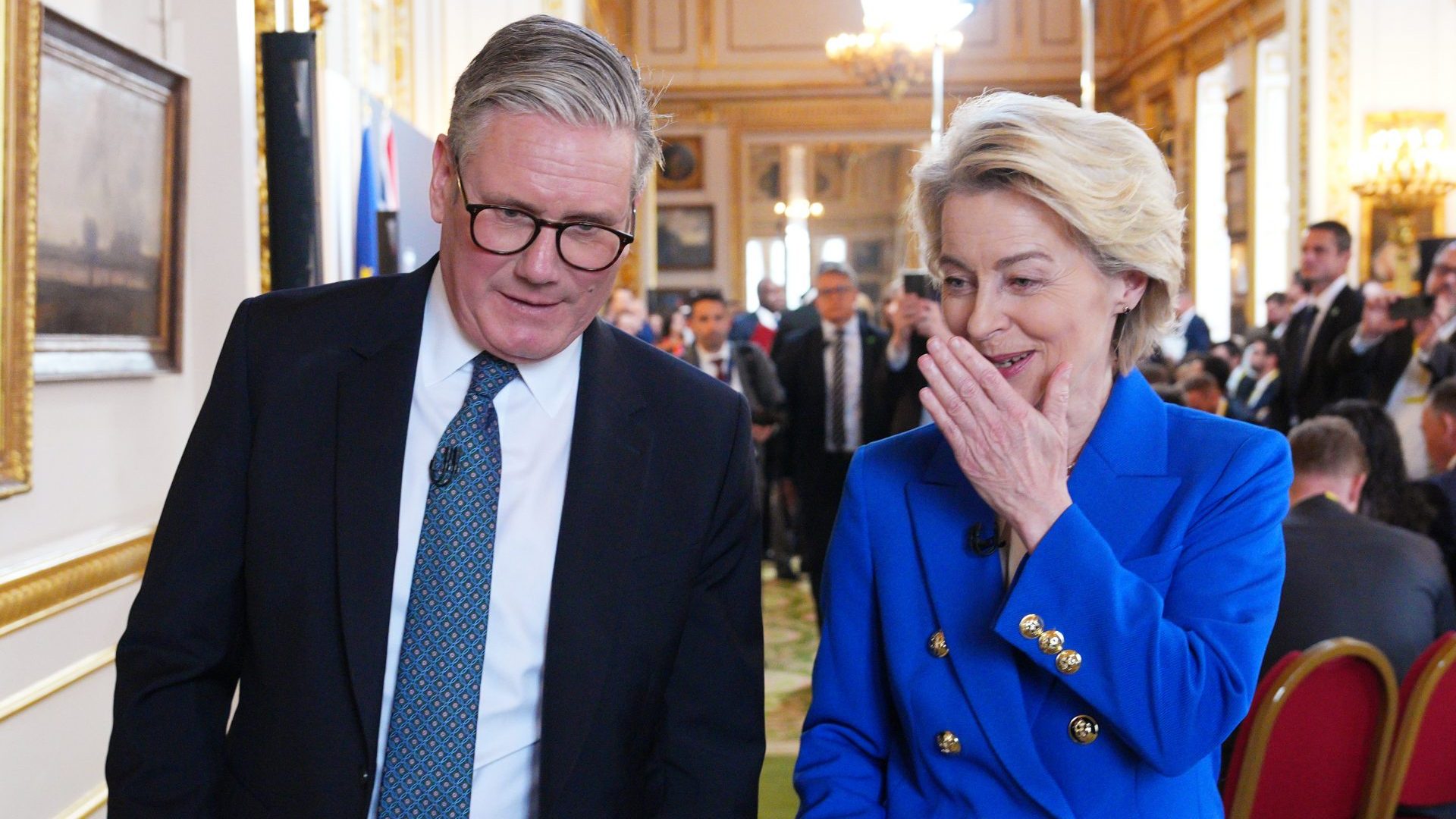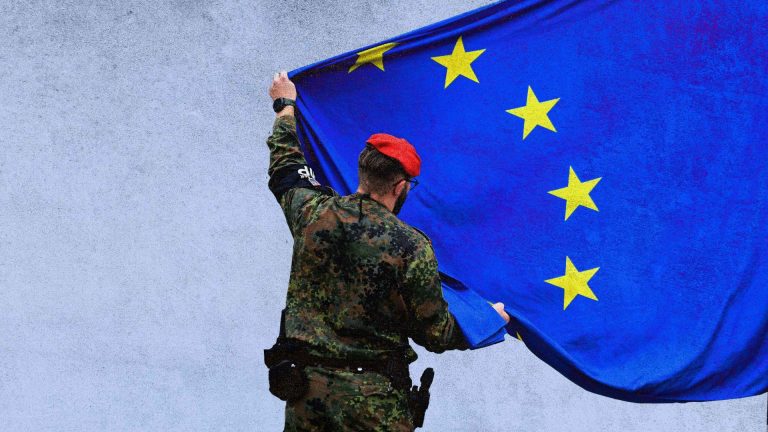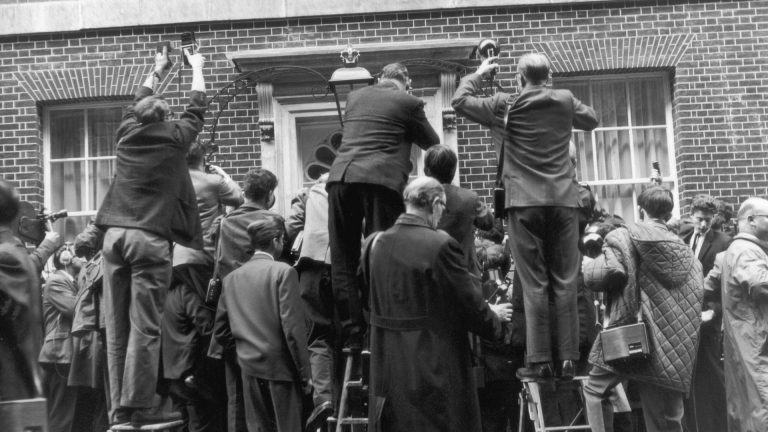The UK in a Changing Europe (UKICE), the go to think tank for Brexit analysis, publishes a very handy tracker showing the degree of post-Brexit divergence between the rules and regulations in the EU and the UK.
Its thirteenth and latest tracker is especially interesting because it shows what the Labour government’s negotiated “reset” with Brussels really means.
While the last tracker found the government was laying the “groundwork” for greater regulatory alignment, the latest one shows it has started serious work on the issue, pausing several major initiatives that would have “led to divergence” and is now increasing our regulatory alignment with the EU.
The last UKICE tracker found just four cases of the UK seeking to align its rules with the EU’s – this time there were 21. Importantly this is not all down to the headline grabbing agreements at May’s UK/EU summit. The report’s author, Joël Reland, says that there is plenty more going on “below the surface”.
At the summit we aligned our policies with the EU’s on agriculture, carbon pricing and energy, in exchange for better market access. We also agreed to make deals on Erasmus, fishing and youth mobility.
But there is also an emerging trend of “voluntary alignment”, where we just decide to mirror EU regulations without a formal deal, in order to minimise “unwanted divergence effects”. This is happening in competition policy, and in product standards where we simply replicate EU standards and call them British.
There is also a welcome trend of the EU and UK agreeing to coordinate their policies better, for instance on trade policy. But there are two specific areas where we are diverging more from the EU: in financial services and AI.
Suggested Reading


Do you find this photo boring?
The City is now being told by the chancellor Rachel Reeves that regulation has gone too far, that post credit crunch red tape is strangling growth and has to go. The EU on the other hand is tightening regulation
It remains to be seen whether we really can trust the City to boost growth without crashing the economy again. It is a risky policy especially given that the EU is obviously reluctant to allow London to dominate Europe’s financial industries and could make life more difficult on that front if it wanted to.
On AI, the government obviously thinks we have a head start and a natural advantage and it is setting out to compete with the EU, not cooperate with it.
But the overall message from this report is that the tone and intent have changed. This government is not ideologically driven to cut off its nose to spite its face and knows that divergence normally does more harm than good.
As this report states: “More often than not, the EU now appears to be a regulatory lodestar which guides UK policy thinking, rather than a competitor to outmanoeuvre.”
Which says it all really. The fools who thought we could trade with the EU but not accept its standards, rules or regs have lost, as they were always going to.
Common sense is back in power, at last. I just wish there was even more of it.












